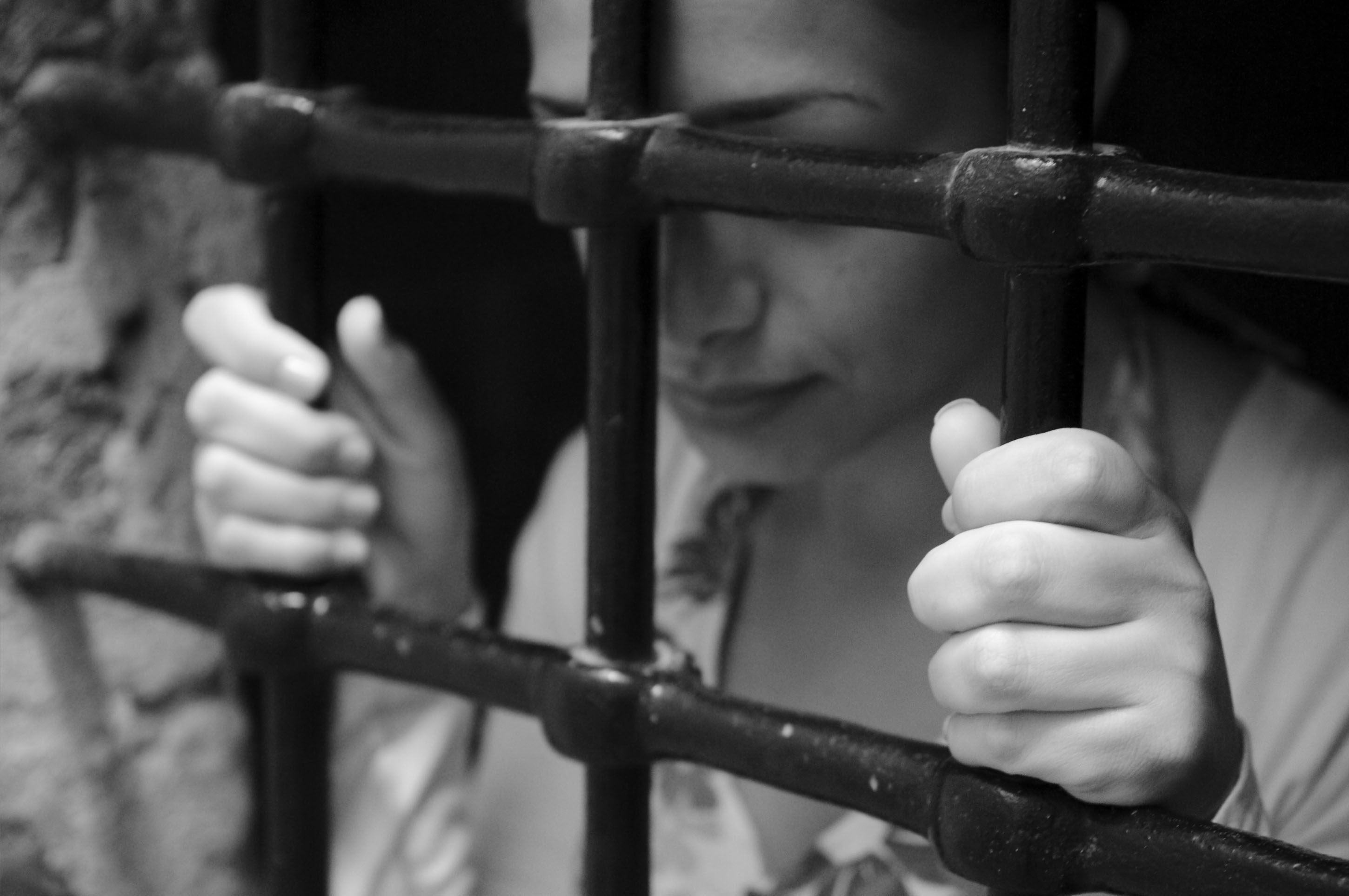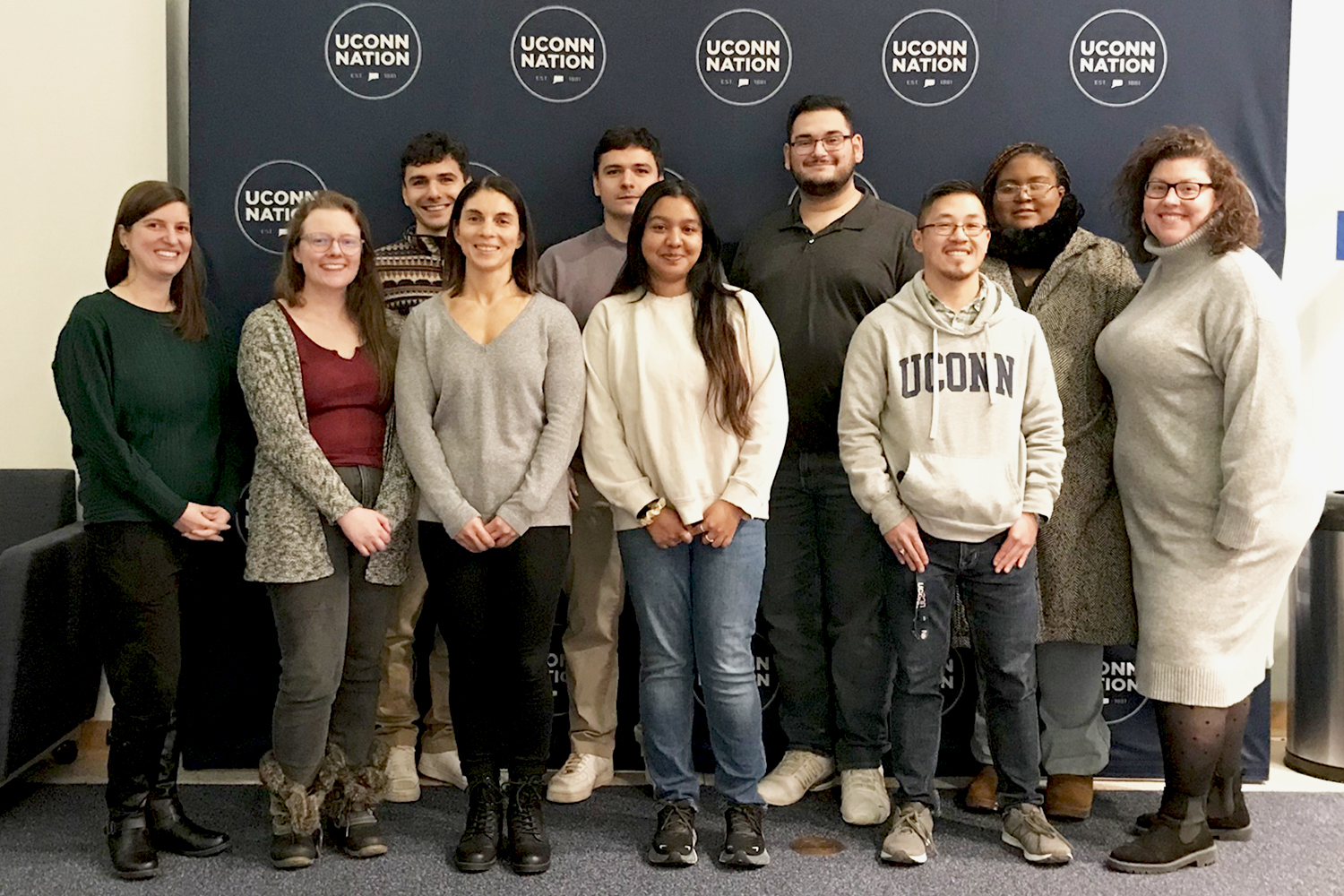UConn School of Social Work doctoral student Crystal Hayes co-authored a publication in the American Journal of Public Health titled Reproductive Justice Disrupted: Mass Incarceration as a Driver of Reproductive Oppression. Her dissertation work explores issues of white supremacy and mass incarceration at the intersections of race, gender, and reproductive justice.
“Crystal Hayes impressively takes the lead on a groundbreaking paper that is part of a unique supplement in the American Journal of Public Health (APHA) that spotlights mass incarceration,” says Michael Fendrich, associate dean for research. “APHA is a highly impactful journal and is the leading journal in the field of public health. Hayes’ paper focuses on the notion of reproductive justice, a concept that integrates reproductive rights, human rights, and social justice. These are values that are central to our field of social work. I was struck by how Hayes, and her co-authors, linked mass incarceration to reproductive justice – and showed that these issues have ramifications for incarcerated and non-incarcerated women.”
The article explores contemporary systems of control and violence over women’s bodies by focusing on incarcerated pregnant Women of Color (WOC) using reproductive justice, and other theoretical frameworks, like Black Feminist Thought that take into account their positions from multiple marginalized identities and their history with reproductive injustice and racial oppression. In this she draws on her dissertation research about issues of reproductive oppression faced by incarcerated pregnant WOC.
“There is a paucity of literature and conversations in social work that uses reproductive justice in social work practice,” Hayes says. “This is particularly true for social work research focused on interventions with prisoners or prison research, and there is even less work out there in social work that does so by centering the experiences and stories of Black women and other Women of Color”.
These issues are critically important for social work to address in the classroom, practice, and research particularly, given that clinical social workers provide the majority of mental health care in our prisons, jails, and detention centers. Also, as a values-based profession, reproductive justice is also at the heart of social work’s commitments to social justice and human rights. By adopting a reproductive justice lens, social workers can be better trained to inform institutions about policies and practices that violate reproductive justice and people’s human rights, especially within the carceral state where people are the most at risk for reproductive justice violations.
“As a reproductive justice scholar, my work in this field of scholarship and dissertation joins the growing call among advocates, scholars, and social workers interested in radically rooting issues of the carceral state within a critique of white supremacy, reproductive oppression, and patriarchy–all important issues facing social work practice today,” Hayes says.
In the journal article, Hayes and her co-authors write, “Central to reproductive justice is the ability to make decisions about your own fertility without fear, coercion, or violence. It is a human right that includes the ability to choose if, when, and how to have children and under what circumstances you will be a parent. In this sense, reproductive justice exposes the ways that mass incarceration is tied to the systemic violations of human rights. These violations have contributed to the acceptance and normalization of removing children from incarcerated parents and the denial of reproductive rights and health and, thus, has made it impossible for all incarcerated people and communities of color to enjoy what it means to be fully human.”



